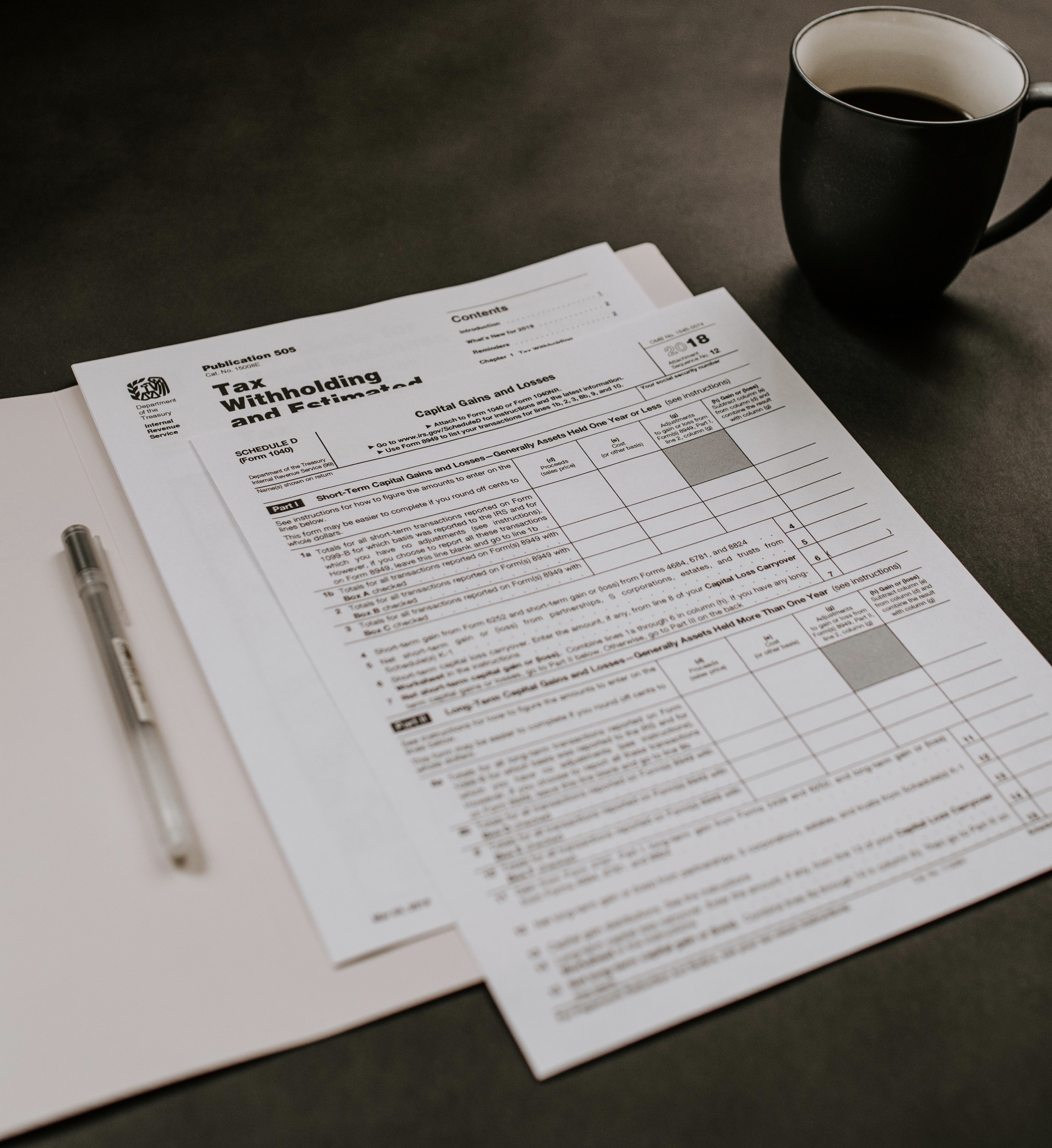Not long after Nigeria’s National Assembly agreed to an upward review of the minimum wage from ₦18,000 ($50) to ₦30,000 ($83), the federal government considered increasing value-added tax (VAT), which it believes will create more revenue to fund the new minimum wage. But the policy may not achieve its intended purpose and it will likely decrease the standard of living while reducing the amount of Foreign Direct Investment (FDI) in the country. It may also increase the level of corruption and create hardship for low-income earners.
Federal Inland Revenue Service (FIRS) denied the news of a proposal to increase VAT by 50 percent and claimed its chairman was misquoted.
The current rate of VAT on manufacturers, distributors, importers, and suppliers, is 5 percent of the value of each commodity. But the real burden has always been on the consumers, most of who live on less than $2 per day. As such, if the Nigerian government’s proposal is ratified, the VAT will be increased from 5 percent to about 7.25 percent; A high and unreasonable rate.
The government, however, is contradicting itself with this policy. It claims to strongly prioritize local consumption of Nigeria-made goods over imported substitutes. Whereas, a high VAT rate will only discourage local production while the so-called ‘local producers’ will make minimal profits compared to the present; Only a lower VAT will benefit them. If foreign investors—whose number is on a decline in the country—are not discouraged by such a bad policy, there will be more room for the economy to grow.
In January 2018, FDI was reported to have declined by 36 percent, which proves that the federal government should only be making policies to increase the level of FDI to help the Gross Domestic Product (GDP). The proposed VAT will only do otherwise.
[perfectpullquote align=”right” bordertop=”false” cite=”” link=”” color=”” class=”” size=””]Government spending should be reduced: from the allowance of politicians to the budget for elections.[/perfectpullquote]
The Best Alternative
Although the national leader of the ruling All Progressives Congress (APC), Bola Tinubu, surprisingly opposes the new VAT, his solution is still bad. He argued that rather than increase the VAT, the scope of the initial VAT implementation should be widened. But, expanding the scope of taxes is almost doing the same thing. It will only increase state revenue—which is always prone to mismanagement and embezzlement—at the detriment of low-income earners who will be unable to afford basic utilities and have little to save.
Instead of increasing VAT, the Nigerian government should address the issue from top to bottom, i.e., curtail the extravagant use of public funds and reinforce the recovery of looted resources from past public office holders before subjecting Nigerians to unreasonable taxes.
Also, while the whistleblower policy has returned good benefits, questions should be asked on what the government is spending the recovered funds on, and how efficient they have been.
Bigger Governments are too Expensive to Run
The high salaries of government officials do not reflect the reality of Nigeria’s economy.
Last year’s disclosure by Senator Shehu Sani, revealed that each member of the National Assembly earned an average of ₦13.5 million in allowances besides basic salaries while the country is in extreme poverty. It will be no big deal if Nigerian lawmakers are compelled to have their regular jobs through which they earn a living instead of acquiring such whooping allowances.
Government spending should be reduced: from the allowance of politicians to the budget for elections. If the government can be prudent, there will be more money to spend on development projects rather than resort to increasing VAT. Higher tax should not be the primary source of revenue generation for a resource-rich country like Nigeria.
Gabriel Ogunjobi is a journalist and editorial intern at African Liberty. He is passionate about governance and human rights. He can be reached on Twitter @GabrielOgunjob2.

